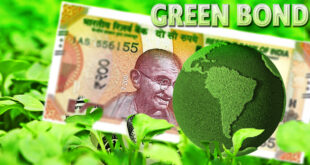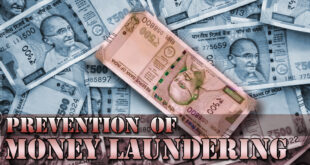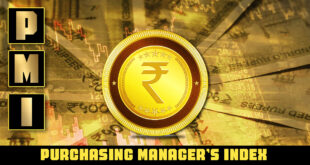- December 2021 and December 2022 could not have been more contrasting for India’s pharmaceutical industry.
- Last year, it was hailed for developing vaccines that inoculated billions against the coronavirus and underlined its moniker as the ‘pharmacy of the world’.
- This year, two Indian drug-manufacturing firms stand accused by two countries of producing toxic cough syrup linked to the deaths of children — at least 66 in The Gambia and 18 in Uzbekistan.
- While The Gambia case was highlighted by the World Health Organization (WHO), the second case has been flagged by the Uzbek Health Ministry.
- In both cases, it is not conclusively established that consuming the syrup directly led to the deaths.
- What is of concern is that in both countries, batches were spiked with ethylene glycol or diethylene glycol, i.e., industrial chemicals that have no business being inside bottles of cough syrup.
- The Indian government adopted a truculent stance after the scandal in The Gambia. While the export licence of the Haryana-based Maiden Pharmaceuticals Ltd., which supplied the syrup to The Gambia, was revoked, Indian authorities, rather than investigating how the cough syrup was spiked, chose to question WHO’s assessment that it was the cough syrup that caused the acute kidney injury linked to the deaths.
- The Drugs Controller General of India (DCGI) brazened it out with WHO in a letter suggesting that its own tests of ‘control samples’ of the Maiden Pharma-product showed them to be free of contaminants.
- It did not address how The Gambian panel’s own tests found the contaminants, or how ‘control samples’ have nothing to do with the actual spiked samples.
- The DCGI, and subsequently the Health Ministry, chose to thereafter take the line that The Gambian scandal was part of a conspiracy to “malign” India’s reputation as a supplier of pharmaceutical goods.
- In the case of the Noida-based Marion Biotech, which made the Dok-1 Max cough syrup associated with the deaths in Uzbekistan, the Government has again revoked the export licence and, reportedly, ordered a freeze on its production facilities.
- Because it is early days and there is no WHO-verdict on the causes of contamination here, the Indian government has sought to adopt a wait-and-watch position.
- It is high time that India takes a serious look at the core issue of why batches of exported cough syrup have been found to be laced with banned chemicals rather than play victim. While mistakes happen, not taking corrective measures is what threatens India’s image and undermines trust in Indian industry.
SOURCE: THE HINDU, THE ECONOMIC TIMES, PIB
 Chinmaya IAS Academy – Current Affairs Chinmaya IAS Academy – Current Affairs
Chinmaya IAS Academy – Current Affairs Chinmaya IAS Academy – Current Affairs



